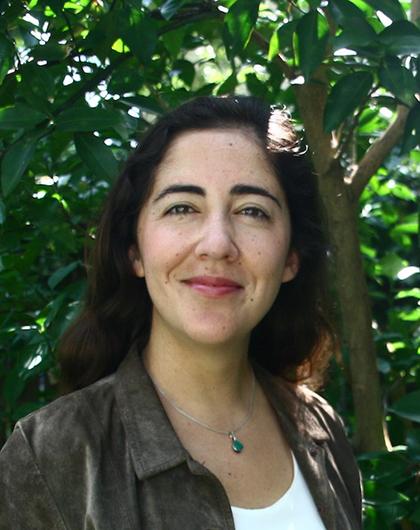Juanita Vivas Bastidas, Maria Akchurin, Dana Garbarski & David Doherty (2024) How Local Perceptions Contribute to Urban Environmental Activism: Evidence from the Chicago Metropolitan Area, The Sociological Quarterly, 65:1, 38-60, DOI: 10.1080/00380253.2023.2250394
Scholars
Maria Akchurin
Loyola University Chicago
Based in
United States
North America
Maria Akchurin is an Assistant Professor of Sociology at Loyola University Chicago and a Non-Resident Research Fellow at the Center for Inter-American Policy and Research at Tulane University in New Orleans. Her research interests are in environmental, political, and urban sociology with an emphasis on water politics. Maria has studied organizing around water privatization in the Buenos Aires and Santiago metropolitan areas in Argentina and Chile, as well as socio environmental conflicts and the production of knowledge around large-scale mining in northern Chile. In the US, she is collaborating with colleagues to study environmental hazards, environmental health, and activism in Chicago. Her research on water and environmental inequality is increasingly connected to questions about the politics of climate change.

Focus areas of expertise
Climate policy and politics History Climate Justice Social movementsPublications
Articles
Akchurin, M. (2023). Contested Infrastructures: Water, Privatization, and Place-Based Protest in Greater Buenos Aires. City & Community, 22(3), 171-194. https://doi.org/10.1177/15356841221139249
Akchurin, Maria. 2022. “Contested Infrastructures: Water, Privatization, and Place-Based Protest in Greater Buenos Aires.” City & Community: 1–24.
Akchurin, Maria. 2020. “Mining and Defensive Mobilization: Explaining Opposition to Extractive Industries in Chile.” Sociology of Development 6(1): 1–29.
Silva, Eduardo, Maria Akchurin, and Anthony Bebbington. 2018. “The Consequences of Social Resistance to Extractive Development in Latin America.” European Review of Latin American and Caribbean Studies 106: 25–46.
Akchurin, Maria. 2015. “Constructing the Rights of Nature: Constitutional Reform, Mobilization, and Environmental Protection in Ecuador.” Law and Social Inquiry 40(4): 937–968.


